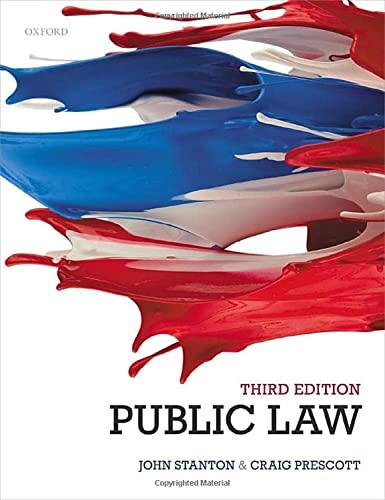Question
Virgin, one of the most well-known global brands, was co-founded by Sir Richard Branson and Nik Powel in 1970. Spread over multiple industries including communications,
Virgin, one of the most well-known global brands, was co-founded by Sir Richard Branson and Nik Powel in 1970. Spread over multiple industries including communications, travel, and healthcare, over four hundred companies have emerged under its banner over time. Given its spread, Virgin focuses on delivering a positive "customer experience" instead of any single product or service. Some characterize the brand as being "created for the people. It's not afraid to think outside of the box, try new things, and adapt."
This "out of the box thinking" also applies to Virgin's marketing campaigns. Its Global Brand Director, Claire Hilton, notes that the company's ads "have long occupied an iconic space of their own." Virgin's 'Christmas-hanukwanzakah' campaign poked fun at religion. As a part of its 'Nothing to Hide' campaign, Sir Richard Branson stood in New York's Times Square in a nude suit. Virgin Mobile's 'Strip2Clothe' advertising campaign, designed in partnership with the National Network for Youth (NN4Y), a lobbying group that supports homeless youth, elicited some controversy.
On July 7, Virgin Mobile introduced the campaign with the slogan "You take of yours, we'll donate ours." The company's website said that there are millions of homeless teenagers in the United States and, "someone out there needs clothes more than you." Virgin Mobile invited teenagers to upload videos of themselves disrobing to music. For every uploaded striptease video, the company would donate a new piece of clothing. For every five times the video was viewed, an additional piece of clothing would be donated. Virgin Mobile said that it would screen all the videos. The strippers had to be eighteen or older, and there was to be no full nudity. By July 12, there were twenty videos on the site that had generated 51,291 pieces of donated clothing.
The campaign sparked immediate criticism. A representative of the Catholic Charities of St. Paul and Minneapolis said the campaign was "distasteful and inappropriate and exploitive." Parents and grandparents were concerned that their under 18-year-old children or grandchildren would strip, upload the video, and not reveal their real ages. On July 15, NN4Y said that it would not partner with Virgin Mobile. Some of the 150 charities associated with NN4Y said that the campaign was inappropriate given that many of the homeless teenagers were sexually exploited. Others said that the campaign was in poor taste and targeted youth. Still others said that the homeless needed shelter and safety rather than clothes.
But there were some supporters. Rick Koca, the founder of Stand Up for Kids in San Diego, said that the campaign was not hurting anyone and that it was raising public awareness. In the week ending July 19, the controversy and the campaign had resulted in a further 15,000 clothing donations.
Question 4:
Use two ethical theories and your knowledge of ethical marketing to assess whether this campaign was ethically acceptable. (27 points)
Step by Step Solution
There are 3 Steps involved in it
Step: 1

Get Instant Access to Expert-Tailored Solutions
See step-by-step solutions with expert insights and AI powered tools for academic success
Step: 2

Step: 3

Ace Your Homework with AI
Get the answers you need in no time with our AI-driven, step-by-step assistance
Get Started


